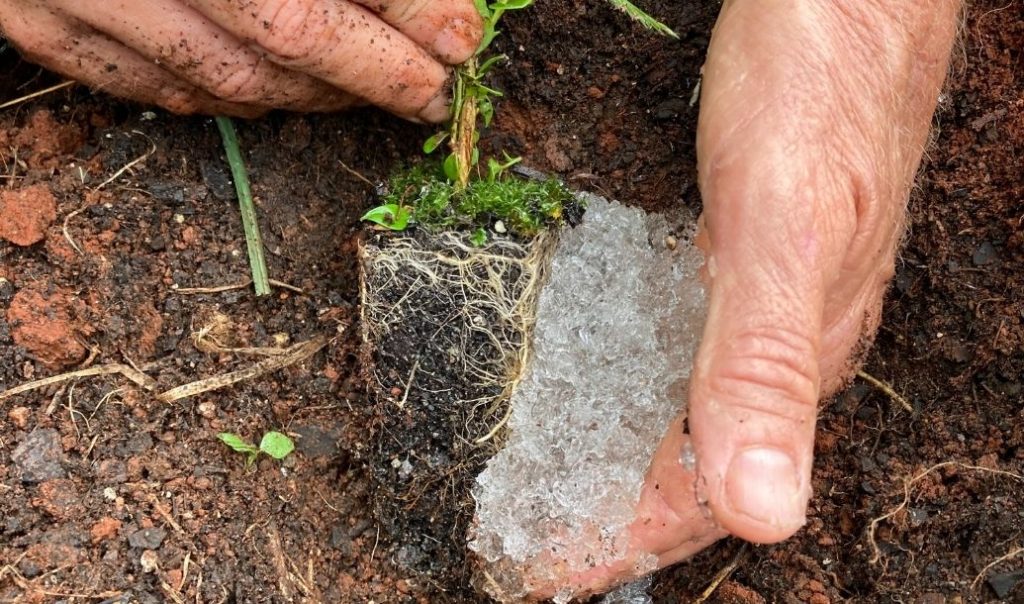高吸水性ポリマー (SAPs), also known as absorbent polymers, absorbent gels, water gels, or hydrogels, are synthetic macromolecular materials capable of absorbing water up to 100% of their own weight through osmosis. SAPs are primarily used to enhance soil properties and are typically composed of hygroscopic materials that form a transparent gel when mixed with water.
Soil Amendments The application of suitable soil conditioners to improve soil properties has become increasingly common. SAPs are characterized by their hydrophilic, three-dimensional, crosslinked functional polymers, allowing them to absorb excess water in the soil, up to a hundred times their weight. Incorporating absorbent polymers in agriculture is crucial as they absorb and gradually release water to plants, thus mitigating dehydration and moisture stress in crops.
Advantages of using SAPs in soil include:
- Absorbing and retaining water significantly more than their weight, acting as long-lasting gels.
- Preventing soil runoff and improving soil water retention.
- Enhancing the effectiveness of soil fertilizers.
- Boosting soil microbial activity.
Studies have shown that SAPs can address issues associated with conventional irrigation techniques by reducing water percolation and acting as a water reservoir in the root zone. They also improve soil physicochemical properties, fertilizer retention, water conservation, and microbial communities.
A recent study by Yin et al. demonstrated the biological benefits of an innovative SAP, poly-γ-glutamic acid, in maize growth and soil microbial enhancement. This biological polymer improved soil water retention, maize seedling growth, and the abundance of beneficial bacteria like Bacillus, Pseudomonas, and Burkholderia.

Plant Growth The application of certain absorbent polymers has led to increased yields in plants like Citrus limon by improving soil water holding capacity and enhancing microbial activity. Studies have also shown that using highly absorbent polymers during new plantings can reduce plant mortality, improve water availability for seed germination, and prevent delays in crop emergence.
Challenges of Absorbent Polymers While SAPs offer significant benefits, they also alter soil physical properties like porosity, bulk density, and structure. Their performance may be affected by water application rates, and synthetic SAPs are non-biodegradable and potentially toxic. Excessive use of these polymers can pose risks to plant health, soil fertility, and environmental pollution, highlighting the need for responsible and regulated use in agriculture.

